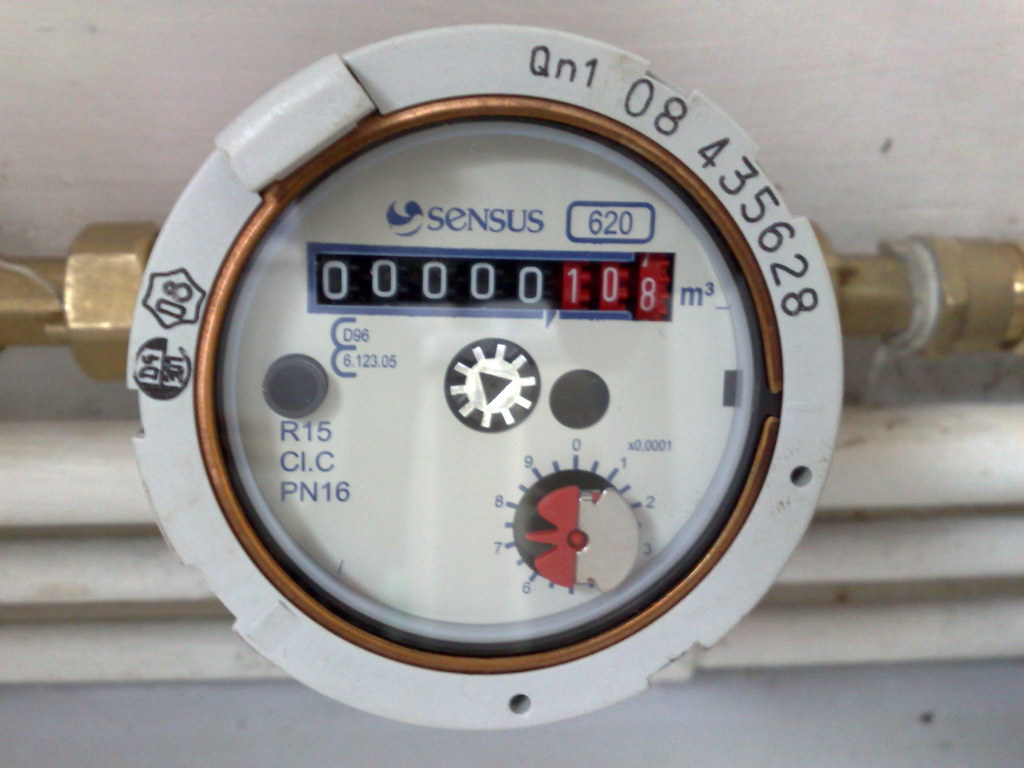Household bills are an inevitable issue that many first-time renters in the UK must face. What types of bills do I need to pay for my house? What are the consequences of not paying? What steps should I take, and what precautions should I take? Follow me; we’ll explain the process from check-in to check-out in more detail.
List of House Bills to Pay UK
Generally speaking, there are the following types of bills for renting an apartment in the UK:
Water, Electricity & Gas
There are 2 ways of billing for water in the UK:
- Pay for the amount of water used.
Pay for a certain amount of water every year without considering the amount used, which means unlimited water usage (you cannot extravagant overuse of water; there are still limits). Tip: Most people choose the second way of paying for water.
Tip: Most people choose the second way of paying for water
The water companies in the UK are regionally based, and each region has a corresponding water company. You can ask your landlord, agent, or neighbours or wait for your water bill.
Electricity is what bills do you pay when renting. Usually, it is the most flexible utility type. Many houses have the freedom to choose between different electricity suppliers.
On the other hand, it’s important to note that gas suppliers are typically fixed, meaning you may not have the same freedom to choose as with electricity.
Most new buildings do not have a gas supply, and even a significant proportion of older houses do.
How can you tell if a house has gas? If the kitchen only has an induction hob, not an open-flame hob, and the house is not equipped with a gas boiler, you will likely only have to pay for the electricity, and there will be no gas bill.
Of course, the quickest way to get an accurate answer is to ask your renting agent or landlord.
Heating, Hot water & Cooling
As mentioned earlier, unlike older homes, newer modern homes are usually not supplied with gas and have extra bills for heating and hot water. Different neighbourhoods incur different costs due to other heating methods. A few high-end homes with expensive rents are equipped with air conditioning and refrigeration systems, which can be more costly to cool.
Typically, the lists of household bills for heating, hot water, and cooling are from the same supplier, and there is no opportunity to choose another company.
Council Tax

Local councils provide social services such as street sweeping and rubbish collection, local road repairs, maintenance of public green spaces and parks, and maintenance and repairs of public utilities, all of which require financial support. For this reason, local councils charge residents living in their area a council tax, which is determined by the house’s value.
Do you pay council tax if you rent? The answer is full-time students can apply for a total reduction in council tax for their studies.
The Process of Dealing with Household Bills
- Choosing an energy supply company
- Sign up for an account on the company website/app
- Contributory
- Close the account when check out
1.How to choose the energy supply company
The six most common electricity companies in the UK are E-on UK, EDF Energy, SSE, ScottishPower, British Gas, and npower, often called the Big Six. These companies cover the coal power needs of 90% of the UK population. Recently, smaller companies like OVO Energy, Good Energy, Ecotricity, LoCO2 Energy, and others have also been catching up with decent prices and services.
Choosing a coal power company is simple, as there is a UK website called uSwitch (www.uswitch.com). On this website, fill in the postcode of your address, and you will be able to see all the energy supply companies in the area. After that, fill in some information about the house and the website, which will help us compare the prices and services of all the companies.
2.Sign up your account
Register your account on the appropriate official website and enter your basic information and bank card details. Many companies have their apps, and setting up and managing your account on your mobile phone is straightforward.
*It is best to use a local UK bank card.
3.Ways of payment
There are 2 ways to pay your household bills.
- Direct Debit: Direct Debit directly binds your bank card to debit your bills, which is more convenient and hassle-free. You don’t have to remember to pay your utility bills every month or three months, and you may be penalised if you forget.
- Online Bill Payment: If you don’t have Direct Debit, you can also pay your bill online based on the account number sent by the energy company. Enter your account number and password to log in to your account, and then choose to pay your bill.
4.Surrendering the tenancy and closing the account
At the end of the tenancy, the tenant will also need to inform the utility provider that they have moved out and request that the account be closed.
The Move Out Date is usually the tenancy’s last day.
Once the account has been closed, the utility provider will issue a Final Bill. This bill marks the end of the process, and the tenant’s responsibility is fulfilled once the last bill has been paid.
When refunding the deposit, a responsible landlord will ask for all bills and proof of payment during the tenancy period.
Meter Reading & Estimation

Most UK households must give the energy company a monthly meter reading and card payment for their electricity and gas meters, so if you’re moving into a new house, reopening a new account or changing your account, make sure you fill in the current meter figures.
Reading your water meter is straightforward. For old water meters (standard analogue dial), read the numbers in black on the left side of the dial and ignore the numbers in red on the right side. For electronic meters, the reading is taken directly before the decimal point. It’s easier than you might think!
An electronic meter is relatively easy to read directly from the reading interface.
To provide an accurate bill, the utility company will require readings to be submitted during move-in registration, routine payments, and when closing the rent checkout account. The readings submitted will be reflected on the utility bill. If there is an inventory for rent starts and returns, the report will usually include a record of the utility meter readings. Many modern meters are directly connected to the internet and do not require readings to be submitted. These connected meters, commonly referred to in the industry as smart meters, provide accurate and reliable readings, giving you peace of mind about your utility usage.
Conclusion
This is all we want to share with you about household bills in the UK. We believe that you already know “what bills do i have to pay “. If you have any other questions, just leave us comments. We will check them and reply. Of course, you can also visit uhomes.com to get more information about living in the UK.
FAQ on Household Bills UK
In the UK, utilities are included in the rent for student flats, but not for other types of flats.
Register for various types of bills promptly. If you continue to receive bills that are not in your name even after you have compldon’t hesitate to get in touch with your landlord or agent to report the situation.
Standing charges (such as plumbing maintenance) and equipment that is not turned off can generate a bill, and it is also possible that the utility company used an estimate because they did not receive a meter reading.
Sign up for an online account so you can do it remotely even if you leave the UK early.
The tenant is only responsible for bills for the duration of the tenancy. The tenancy period is the period from the start date to the end date stated in the tenancy agreement, not the actual time the tenant moves in.
This is to ensure that the values are accurate. If you don’t submit them, the supply company will make an estimate, and the value they estimate may be high or low, which means you will have to pay more.








